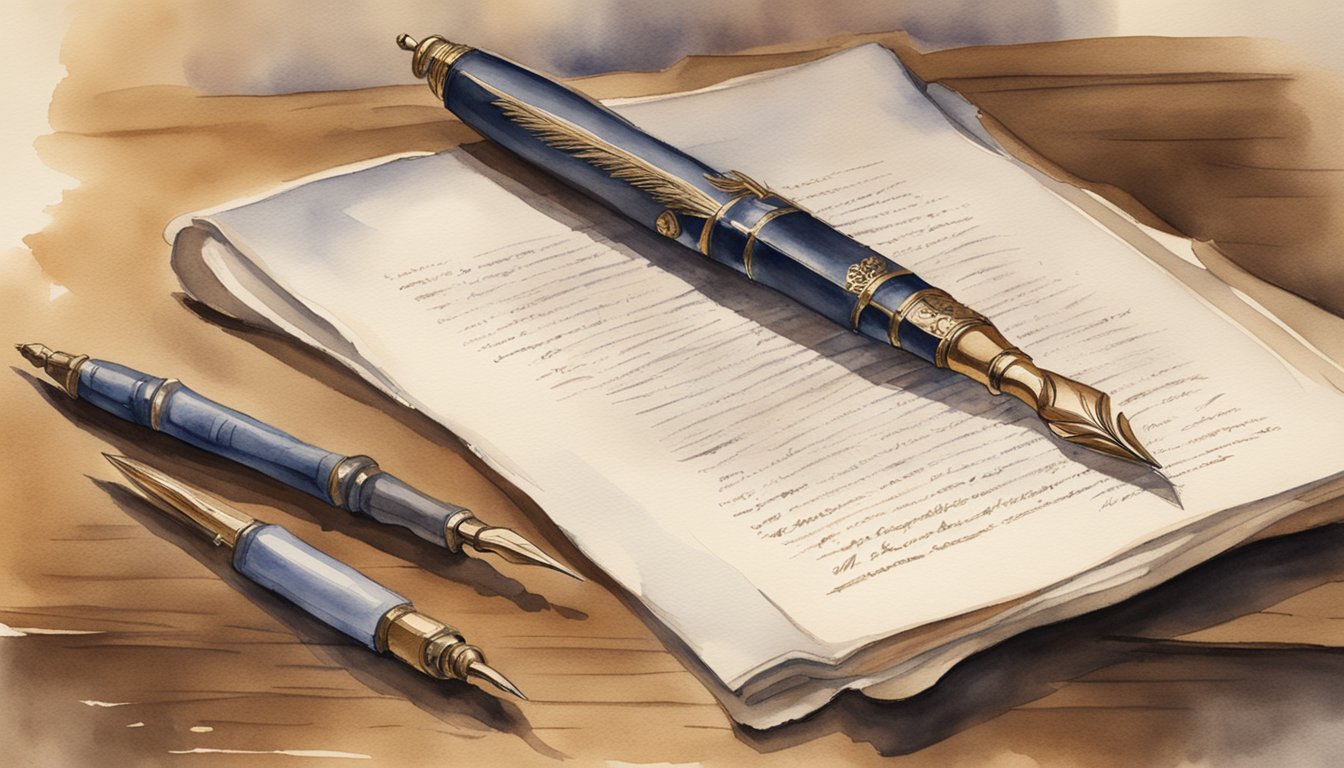Mary Katherine Goddard: Life and Legacy

Mary Katherine Goddard stands out as a trailblazer in both printing and postal service during the pivotal moments of early American history. Through her pioneering efforts, she left an indelible mark that would contribute significantly to the nation’s journey toward independence and post-revolution communication.
Early Life and Education
Mary Katherine Goddard was born on June 16, 1738, in colonial America. Hailing from a family engaged in literary endeavors, she spent her early years in New England. Goddard’s upbringing in Providence, Rhode Island, was steeped in an environment that valued education, which undoubtedly shaped her later ventures in printing and publishing.
Pioneering Work in Printing and Publishing
After a move to Philadelphia, and guided by her passion for the written word, Goddard and her family took over the publication of the Maryland Journal. The newspaper quickly became a vital source of information during the crescendo of unrest that preceded the American Revolution. Under her management, the paper also included thought-provoking essays and spirited debates, a reflection of the turbulent times.
Historical Contributions
Among Goddard’s notable achievements was her role in printing the Declaration of Independence. Known as the Goddard Broadside, this was the first copy to list the names of the signatories, including that of John Hancock, President of the Continental Congress. This act of courage, publishing names that could have been considered treasonous, showcased her dedication to the burgeoning United States.
Postal Service Leadership
Goddard was appointed the postmaster of Baltimore, a position she served from 1775 to 1789. Her leadership in the postal service at a time when female postmasters were unheard of underscores her vital role in shaping the future American postal system. She was recognized for her efficiency and dependability, despite eventual replacement by Postmaster General Samuel Osgood.
Advocacy and Later Years
In 1789, following her dismissal from the postal service, Goddard championed a petition for reinstatement which was endorsed by numerous Baltimore citizens and business owners. In later years, she continued her work in printing and bookbinding. Goddard’s legacy of advocacy and leadership in fields dominated by men would later be commemorated when she was inducted into the Maryland Women’s Hall of Fame, ensuring her place in history. Mary Katherine Goddard passed away on August 12, 1816, in Baltimore, leaving behind a legacy of resilience and progress.
The Impact of Goddard’s Work

Mary Katharine Goddard’s contributions in the 18th century significantly shaped the landscape of the publishing industry, the postal system, and laid a cultural and historical foundation that resonates to this day within American society.
Influence on the Printing and Publishing Industry
Goddard’s work as a printer during a time when the industry was predominantly male-dominated demonstrates her pivotal role in advancing the trade. She bravely printed the Unanimous Declaration of the Thirteen United States of America, which included all the signatories’ names, an act that was both revolutionary and risky. This act of printing not only the text but also the signatures solidified the declaration’s authenticity and import. Beyond broadsides, her pamphlets and newspapers served as critical communication channels for Revolutionary War era information, influencing public opinion and empowering the spread of revolutionary ideas.
Contributions to the American Postal System
Appointed by none other than Benjamin Franklin, Goddard served as the postmaster of the Baltimore Post Office from 1775 to 1789. As one of the first female postmasters in colonial America, she managed the Constitutional Post for the Thirteen United States of America, thereby ensuring the vital flow of information and correspondence – a lifeline for both the Continental Army and everyday citizens. Under her watch, the reliability and efficiency of the postal service increased, aiding the American Revolutionary War effort.
Legacy in American History and Culture
Mary Katharine Goddard’s name inked on the Declaration of Independence has an enduring legacy held in reverence at the National Archives. While many women of her era remained unrecognized, Goddard stands as a testament to the important roles they played. Her trailblazing footsteps as a printer, publisher, and postmaster continue to serve as an inspiration for countless individuals in the printing and publishing industries, as well as those who value the rich tapestry of American history and culture. The bookselling business and institutions like the Library of Congress preserve and celebrate her contributions that were integral to the nation’s founding stories, including the crafting, declaration, and ultimately, the ratification of the Constitution.

